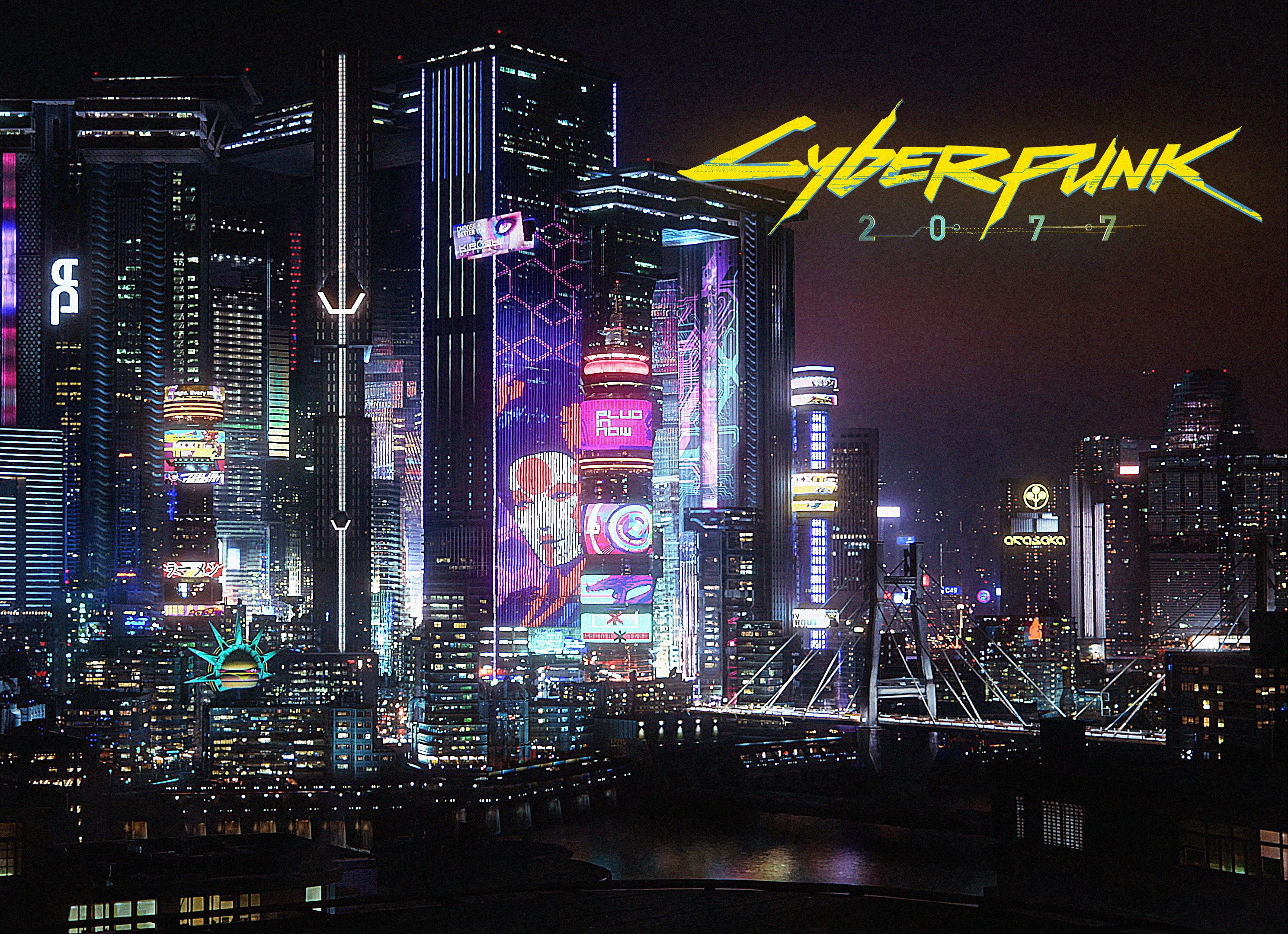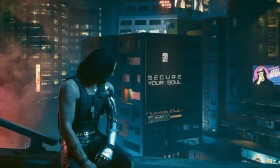Fallout 2 Score Reassessment: RPG Freedom Legacy
Few games in the history of role-playing games (RPGs) have left as indelible a mark as Fallout 2. Released in 1998 by Black Isle Studios, the sequel to the critically acclaimed Fallout expanded upon its predecessor’s foundation, delivering a richer, more expansive, and often more controversial experience. Over two decades later, Fallout 2 remains a touchstone for discussions about player freedom, narrative depth, and the ethical boundaries of game design. This article reassesses Fallout 2’s legacy, examining how its unapologetic commitment to player agency and dark humor shaped the RPG genre—and why its influence endures despite its flaws.

The Unshackled RPG
Fallout 2 was revolutionary not because of its graphics or combat mechanics—though both were competent for their time—but because of its sheer audacity in granting players near-total freedom. Unlike modern RPGs, which often funnel players through carefully curated narratives, Fallout 2 embraced chaos. Players could murder essential NPCs, derail entire questlines, or even become a slaver if they wished. The game’s infamous "Children of the Cathedral" massacre, where players could gun down unarmed civilians, was shocking not just for its brutality but for the fact that the game allowed it at all.
This freedom was a double-edged sword. While it empowered players to craft their own stories, it also led to moments where the game’s systems buckled under the weight of player choice. Quests could break, factions could become permanently hostile, and the narrative could spiral into incoherence. Yet, these "failures" were part of Fallout 2’s charm. Unlike contemporary RPGs that prioritize balance and accessibility, Fallout 2 was a game that demanded player accountability. If you screwed up, you lived with the consequences—or reloaded an earlier save.
A World of Dark Satire
One of Fallout 2’s most enduring qualities is its biting satire. The game’s vision of post-apocalyptic America was not just bleak but absurd, lampooning everything from corporate greed ("The Hubologists" cult) to political corruption (Vault City’s faux democracy). The humor was often crude, sometimes crossing into offensive territory (the "Myron’s Jet" drug subplot remains contentious), but it was never shallow. Beneath the jokes lay a scathing critique of human nature, suggesting that even after nuclear annihilation, people would still find ways to exploit, deceive, and destroy one another.
This tone set Fallout 2 apart from its contemporaries. While other RPGs of the era (Baldur’s Gate, Planescape: Torment) leaned into high fantasy or philosophical introspection, Fallout 2 was content to be ugly, messy, and unrepentantly cynical. It was a game where you could help a town by fixing its water pump—or convince its inhabitants to worship a radioactive waste dump as a god.
Legacy and Influence
Fallout 2’s impact on the RPG genre is immeasurable. Its emphasis on player choice directly inspired later titles like The Elder Scrolls III: Morrowind and Divinity: Original Sin. Even modern RPGs, despite their more streamlined design, pay homage to Fallout 2’s ethos. Disco Elysium, for instance, channels a similar blend of dark humor and narrative freedom, proving that players still crave games that trust them to make meaningful—and often terrible—decisions.
Yet, Fallout 2’s legacy is also a cautionary tale. Its unmoderated freedom sometimes clashed with coherent storytelling, and its edgelord humor hasn’t aged gracefully in all respects. Later Fallout entries (New Vegas in particular) refined its formula, balancing player agency with tighter narrative structure.
Conclusion: Freedom at a Cost
Revisiting Fallout 2 today is a reminder of what RPGs once were—and what they’ve lost in the pursuit of mass appeal. Few modern games dare to be as unrestrained, as morally ambiguous, or as willing to let players fail spectacularly. Fallout 2 wasn’t just a game; it was a statement about the untapped potential of interactive storytelling.
Its flaws are undeniable, but so is its brilliance. In an era where RPGs increasingly prioritize cinematic presentation over player-driven experiences, Fallout 2 stands as a monument to a different philosophy: that true role-playing isn’t about following a story, but about writing your own—no matter how dark, absurd, or disastrous it may be.














